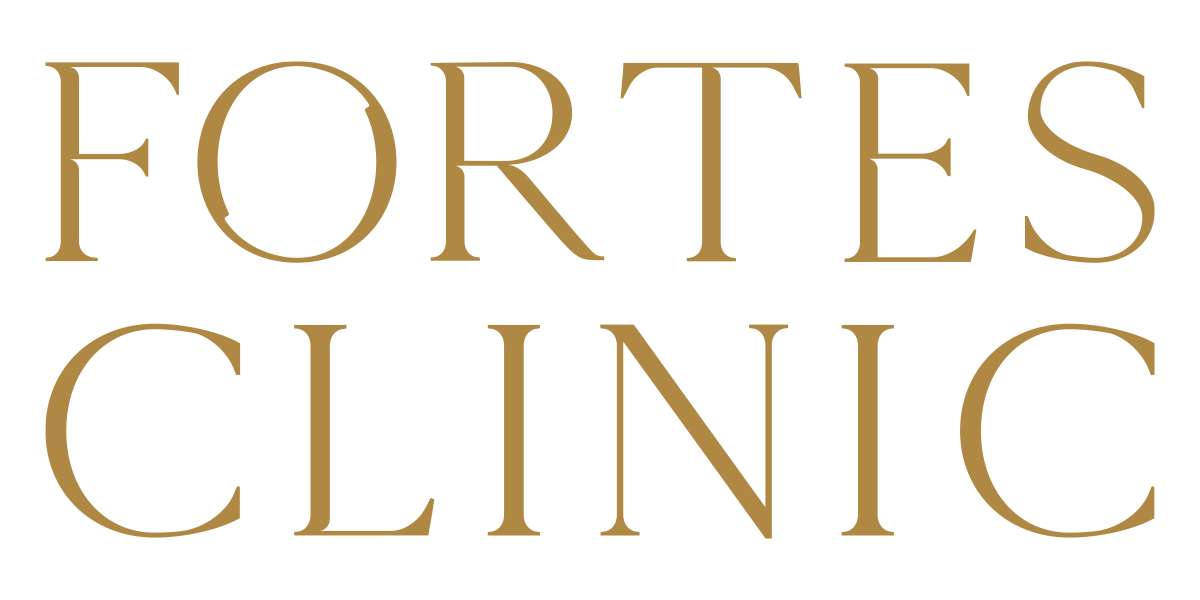Now more than ever, men and women across the UK have been looking to receive hair transplant procedures. As more and more people begin to struggle with hair loss, the demand has increased drastically. The market is one of the fastest-growing healthcare practices in the world, with the market size rising 64% between 2014 and 2021 according to ISHRS statistics. With the increase in popularity, this has led to desperate measures, with many looking for a quick and cheap option. This mindset has led to many travelling abroad and receiving botched transplants, particularly in Turkey!
Why are people travelling to Turkey?
For low-cost hair transplants, Turkey has become the prime destination for those looking for a bargain, and 60% of all hair transplants in the world take place here. People are lured in by cheap quotes and ambiguous marketing claims that are designed to sell you more than they can offer. You can be offered a quote before knowing if you are even a suitable candidate for a hair transplant. These promises may seem cheap initially but increase in price when factoring in travel and other expenses. At Fortes Clinic, we would never recommend you for surgery unless we can get you optimum results.
Travelling abroad for a hair transplant comes with its difficulties. Flying internationally can be stressful enough as it is, never mind flying post-surgery. This is only the start of the problems.
What is the problem with cheaper-alternative options?
The reality is that it is cheap for a reason. The service that you receive in locations such as Turkey is sub-par compared to what you will receive in the UK. Research from Quartz has shown that many clinics in Turkey go against regulations so that they can accommodate more clients. Commonly, the patient will be led to believe that the doctor that they have a consultation with is the one that handles the procedure, but then are handed to a nurse or technician who performs the surgery. At Fortes Clinic, Dr Ahmad Saaed is with you throughout the whole process, from your first consultation all the way to your aftercare.
In Turkey, many clients have received horrendous results, a major factor being the over-harvesting from the donor area. This can have a permanent effect on the client’s head, and in some cases cannot be rescued by another surgeon. Taking too many follicular units from the back of the head can result in bad scarring on the patient.
Due to the fierce demand for hair transplants abroad, this has created ‘production line procedures’. Clinics in Turkey are there to maximise their revenue and try to operate on as many clients as they can in one day. Think to yourself, if you are one of fifteen people being operated on, are you really going to get the attention that you need from the doctor? Procedures are often rushed so they can finish as many as transplants which will always cause problems. In 2019, Turkey averaged over 2,200 hair transplants per day! We operate under the mindset of ‘quality over quantity, and Fortes Clinic will ensure that you are always our priority.
One of the most important aspects of a hair transplant is aftercare, and this is non-existent when you have flown back to the UK after having the procedure in Turkey. If you become infected or need advice from your surgeon, it can prove very difficult to get this dealt with. Patient care and comfort are as important as the procedure itself.
Why choose Fortes Clinic?
Unlike clinics abroad, Fortes Clinic puts your happiness as our ultimate goal. We understand that hair loss can be a daunting time for most, and our team of experts will ensure that you are guided through the hair restoration process smoothly, and our customers receive optimal results every single time. Contact our team today for a consultation, and see what services we can offer you.



